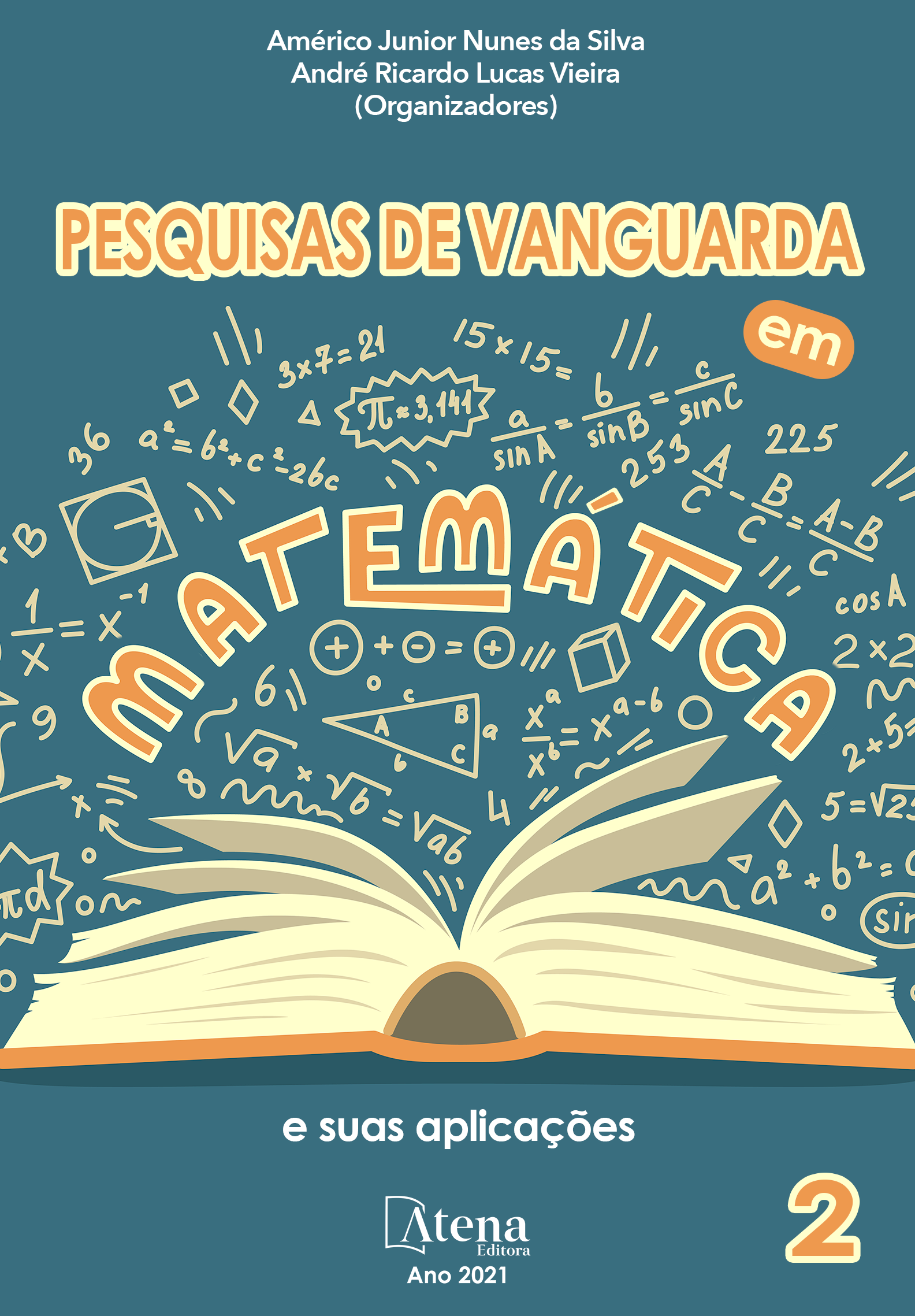
ESTUDO QUANTITATIVO DO DESEMPENHO DISCENTE ATRAVÉS DO PROJETO PRÉ-CALOURO E NIVELAMENTO DA ESCOLA SUPERIOR DE TECNOLOGIA EST/UEA.
Este projeto visa, através de estudo quantitativo, identificar o nível do desempenho discente através de projetos de desenvolvimento proporcionados e fomentados pela Universidade do Estado do Amazonas. Muitos dos discentes dos cursos de Engenharia têm certas dificuldades que ao longo do tempo faz aumentar a evasão e se obter um alto índice de reprovações nas disciplinas que demandam cálculo, a saber, nas disciplinas de Cálculo Diferencial e Integral, Álgebra Linear e Física. Diante das deficiências advindas do ensino médio, tal projeto recepciona os ingressantes com o curso de nivelamento contemplando assuntos como: Conjuntos numéricos, Números Reais e Operações Elementares, Equações e Inequações, Funções de uma variável real, Noções de Trigonometria e Tópicos de Física Básica. A análise foi feita através de um recorte contendo 39 testes escolhidos aleatoriamente, com recursos básicos da Estatísticas com o objetivo de verificar quais as principais deficiências que nossos ingressantes chegam até a Universidade. Os testes foram feitos com nível crescente de dificuldades, com questões diretas e dissertativas. Além disso, houve um ''acompanhamento'' das turmas das Engenharias por professores que fazem parte do projeto, a fim de inspecionar o desempenho e indicação de orientações individuais através de agendamento ou mesmo de indicação aos projetos de monitoria das disciplinas em curso e, ao final, mesmo aos que apresentavam um bom desempenho nas resoluções feitas em sala e pelo menos 75% de frequência na disciplina e que não conseguiram alcançar a média, o professor os indicava a fazer o chamado PROVÃO, o qual era uma prova com questões objetivas a cerca de todo o conteúdo ministrado em sala de aula e feito pela equipe técnica de docentes do projeto, e àqueles que alcançassem 60% de acertos teria sua devida aprovação. Tais medidas só puderam ser avaliadas por estarem sendo assistidos por professores orientadores do Projeto.
ESTUDO QUANTITATIVO DO DESEMPENHO DISCENTE ATRAVÉS DO PROJETO PRÉ-CALOURO E NIVELAMENTO DA ESCOLA SUPERIOR DE TECNOLOGIA EST/UEA.
-
DOI: 10.22533/at.ed.7312206019
-
Palavras-chave: Desempenho discente; Matemática; Projetos Extra-curriculares
-
Keywords: Student performance; Math; Extra-curricular projects
-
Abstract:
This project aims, through a quantitative study, to identify the level of student performance through development projects provided and promoted by the University of the State of Amazonas. Many of the students in Engineering courses have certain difficulties that, over time, increase evasion and achieve a high rate of failure in subjects that require calculus, namely, in the subjects of Differential and Integral Calculus, Linear Algebra and Physics. Given the deficiencies arising from high school, this project welcomes freshmen with the leveling course covering subjects such as: Numerical Sets, Real Numbers and Elementary Operations, Equations and Inequations, Functions of a Real Variable, Notions of Trigonometry and Topics in Basic Physics. The analysis was made through a cut containing 39 tests chosen randomly, with basic resources of Statistics in order to verify which are the main deficiencies that our freshmen arrive at the University. The tests were made with an increasing level of difficulty, with direct and essay questions. In addition, there was a ''follow-up'' of the Engineering classes by professors who are part of the project, in order to inspect the performance and indication of individual orientations through scheduling or even indication to the monitoring projects of the subjects in progress and, at the end, even those who had a good performance in the resolutions made in class and at least 75% attendance in the discipline and who failed to reach the average, the teacher indicated them to take the so-called PROVÃO, which was a test with objective questions about all the content taught in the classroom and made by the project's technical team of teachers, and those who reached 60% of correct answers would have its due approval. Such measures could only be evaluated because they were being assisted by the Project's guiding professors.
-
Número de páginas: 11
- Elainne Ladislau Ferreira Pereira


